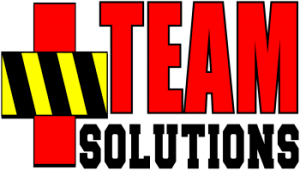Interoperability?
The concept refers to disparate systems working together, sharing information, etc.
Except that it's all a myth. Like the Sasquatch, healthy Girl Scout cookies and honest politicians. Pure fiction.
- There's even standing government committee's that have been pursuing this fictional condition for years (and lots of our money spent!)!
Example:
In November 2016 there were widespread fires in Tennessee. Which prompted a widespread need for evacuations.
Except that the disparate notification systems (and the people behind those systems) did not actually, uh, "share information".
- And notifications did not get sent out, except for those that contradicted each other.
- And the good citizens of the impacted community were caught off-guard and confused.
Here's some news coverage of this finger pointing. (opens in new tab)
I get the tech argument about WHY interoperability is important (round peg ... round hole, etc.), I just think most folks go about it arse-backwards.
And that's my message for today.
- If you need 'something' to work with another 'something' ... don't assume that technology will make that happen. Not by itself anyway.
Each 'ínteroperability' breakdown I've studied all has their roots in the human relationships (or lack thereof) behind the systems.
Understand and build the human relationship first.
The tech solution - if applicable - will then be more clear ... and a whole lot more effective.
True interoperability = human relationships
How can you promote better interoperability?
